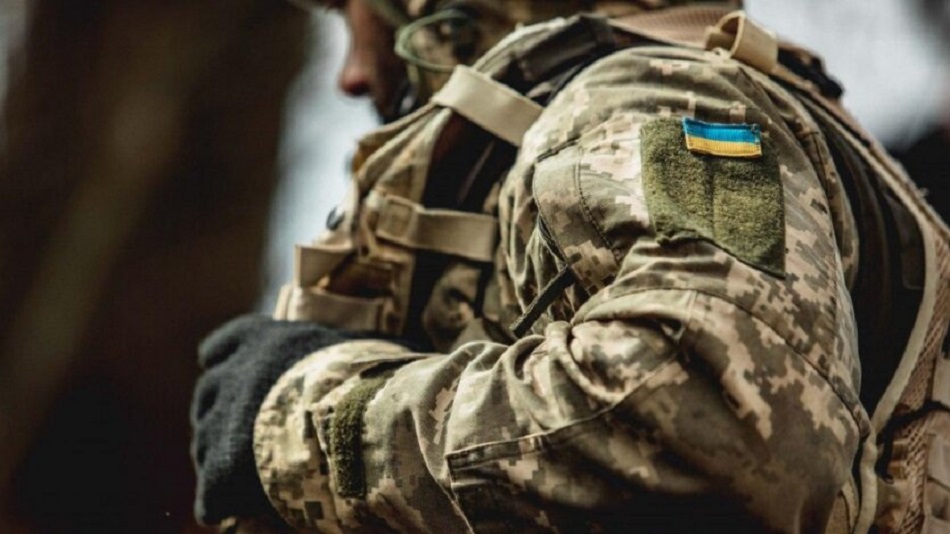The Office of the President of Ukraine has addressed the possibility of halting mobilization in the event of a ceasefire
According to Mykhailo Podolyak, an advisor to the head of the Presidential Office, a ceasefire does not automatically lead to the suspension of mobilization, as the ongoing war with Russia necessitates maintaining the country’s defense capabilities, writes DROBRO.
Podolyak emphasized that even if active hostilities temporarily cease, Ukraine must remain prepared to defend its territory. He noted that mobilization is a critical component of the nation’s security strategy, aimed at ensuring the combat readiness of the Ukrainian Armed Forces. Any decisions regarding changes to mobilization processes will depend on the military and political situation and will be made based on decrees issued by the President of Ukraine, approved by the Verkhovna Rada (Ukraine’s parliament).
Under Ukraine’s Law on Mobilization Preparation and Mobilization, mobilization can only be terminated after the end of the “special period,” which encompasses the mobilization phase, wartime, and part of the post-war recovery period. Thus, a ceasefire alone is not sufficient to halt mobilization, as the special period will remain in effect until the President officially declares demobilization.
Podolyak further stressed that supporting the military and meeting its needs remain a top priority for the state. Even in the case of a temporary lull in fighting, the Ukrainian Armed Forces will require trained reservists and conscripts to ensure national security. However, should the situation stabilize, adjustments to conscription policies or deferrals for certain groups of citizens could be considered, subject to legislative approval.
In conclusion, the advisor highlighted Ukraine’s ongoing efforts to strengthen international support to provide the Armed Forces with necessary resources, which could influence future mobilization strategies. As long as the war continues, mobilization will remain a key tool in safeguarding Ukraine’s independence and territorial integrity.
